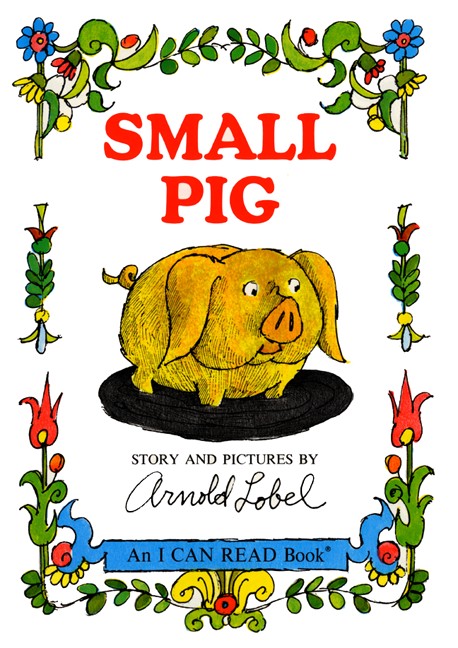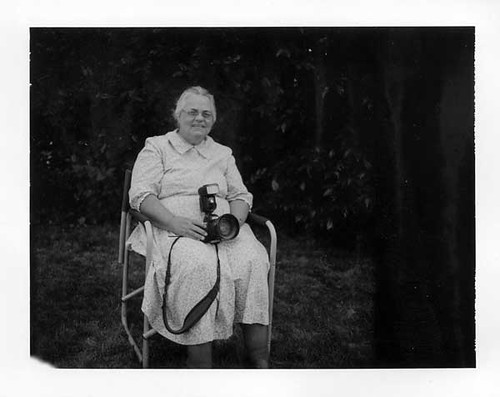text by Kris, links by J.D.
My fifth grade teacher was a wonderful man to know, though I once saw him use his cane to hit a classmate of mine.
This was back in the day when corporal punishment was allowed in schools, so it wasn’t as shocking as you might think nowadays. I can’t remember what the classmate, Lester, did to deserve it, but it must have been something quite provoking, because Mr. Poore was not generally an active man. He could barely walk. Once seated each morning, at his teacher’s desk in the front of the classroom, he didn’t get up until recess. Yet his mastery of a room of ten-year-olds was absolute. We respected him too much to fool around. We took turns fetching various items for him, or passing out division quizzes, or collecting reading group textbooks. When the time for recess arrived, Mr. Poore would painfully make his way out the door where he had parked his sky-blue golf cart. As we kids amused ourselves with Chinese jumprope, games of Uno, four square or tetherball, he would zip over the asphalt keeping an eye on our activities. By the time the bell rang for us to return, he would again be seated at his desk, immobile until lunch.
For all his obvious disability, Mr. Poore was a passionate man. He made us passionate about learning. He spoke to us about things he thought were important in a way that made us feel worthy of listening. I’ve been thinking of Mr. Poore a lot this week as our Congress tries to pass legislation that would bar federal courts from having authority to rule on constitutional issues regarding the Pledge of Allegiance. This is an attempt to prevent the courts from ruling, as they have in the past, that the recitation of the Pledge in schools is unconstitutional because of the inclusion of the phrase “under God”. It was exactly this phrase that so bothered Mr. Poore.
“Those words don’t belong,” he would say forcefully. “They were inserted later. It was a mistake.” He encouraged us to think about whether we wanted to say them or not. When we recited the Pledge each morning, his voice louder and prouder than all of our smaller voices combined, the absence of his own voice as he left a pause for those words was alarming. As we all faced the flag, us standing, him seated, we tried not to notice who was saying it and who wasn’t.
At one point we must have studied about the fifties and McCarthyism, because it seems I’ve always known that “under God” was added at the height of anti-communist Cold War hysteria. The addition was heavily campaigned for by a Catholic fraternal order called the Knights of Columbus, who thought that a patriotic American should be a person of faith, opposed to all forms of communism, socialism, secularism, deism, agnosticism and atheism. Other religious groups supported the change, maintaining that it would help root out godless communists who would refuse to recite the new pledge. Eisenhower signed it into law in 1954.
It amuses me now to know that the Pledge was originally created by a socialist in 1892.
I have no idea of Mr. Poore’s religious leanings or political affiliations. He may have been a godless communist. But he was a man of integrity. On the day he hit Lester with his cane, he later apologized to the whole class. He said he had been wrong to do it, and he hoped Lester, and all of us, would forgive him. When Mr. Poore died shortly before the end of that school year, we felt utterly abandoned. His golf cart sat untouched at the edge of the playground. Our substitute teacher, to whom we were merciless, recited the full Pledge. The rest of us did it Mr. Poore’s way.
[Note: There is now a new by Kris category in which you can find her two previous entries: My husband, he chef and Vintage film sampler: what to watch when you don’t know what you like.]

 In college, like most folks, I was an enthusiastic devotee of
In college, like most folks, I was an enthusiastic devotee of 

